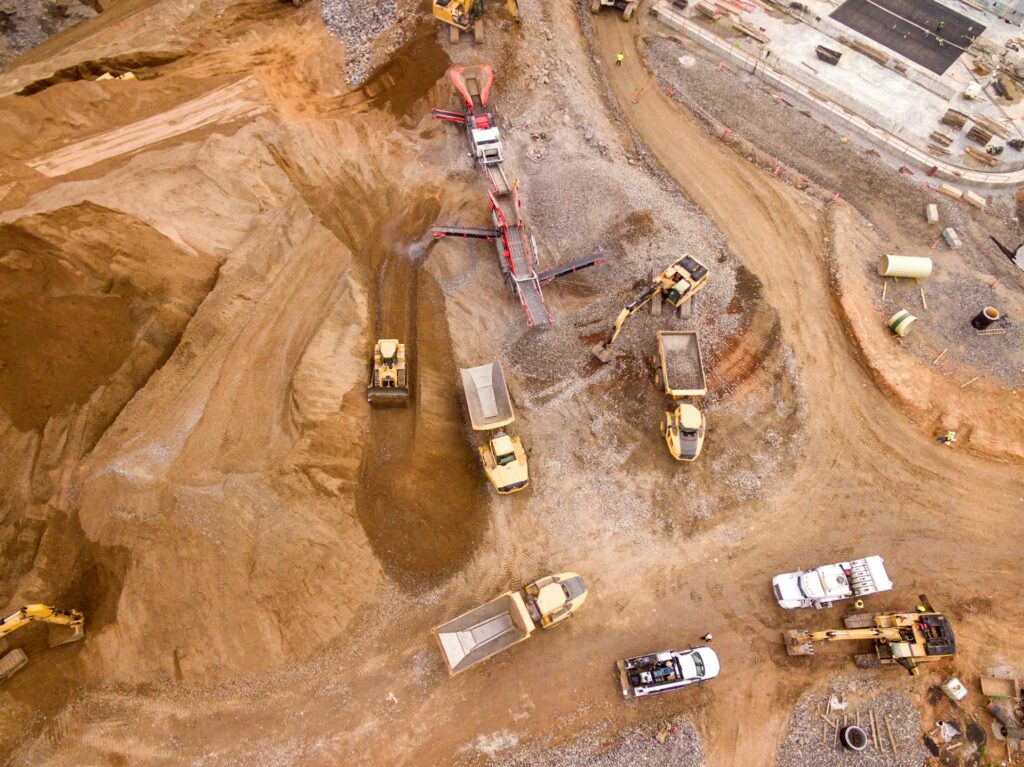Objectives:
- Coordinate together assess the suitability of Gelion’s battery technologies for Glencore’s use in its stationary and / or mobile applications.
- Following this coordination initiate a pilot testing programme to validate opportunity identified.
- Conduct a review of the supply chain input materials necessary for manufacturing Gelion’s battery technologies identifying synergies for Glencore’s strategic supply of materials to Gelion.
- Explore synergies regarding future recycling of batteries.
There is also scope within the JDA to consider possible future commercial arrangements, which may include:
- Gelion supply of batteries to Glencore with preferential terms.
- Glencore or its affiliates supply of battery input materials to Gelion.
- Cooperation between the parties with respect to battery recycling.
Commenting on the Announcement, John Wood, Gelion CEO said:
“We are delighted to sign a JDA alongside global industry leader Glencore. This JDA provides opportunity to assess alongside Glencore the scope of opportunity to potentially introduce Gelion’s next-generation battery technologies to the global mining sector.
The objective is to combine the strength of Glencore’s operational application knowledge and raw materials supply with Gelion’s next-generation battery technology innovation understanding to investigate the match of performance to mining applications. We are also excited to explore any potential synergies with Glencore in the field of lithium-ion battery recycling by leveraging the IP recycling patent portfolio Gelion acquired from Johnson Matthey in 2023”.
About Gelion
The objective is to combine the strength of Glencore’s operational application knowledge and raw materials supply with Gelion’s next-generation battery technology innovation understanding to investigate the match of performance to mining applications. We are also excited to explore any potential synergies with Glencore in the field of lithium-ion battery recycling by leveraging the IP recycling patent portfolio Gelion acquired from Johnson Matthey in 2023”.
Gelion (“gel: ion”) is a global -energy storage innovator, supporting the transition to a more sustainable economy by commercialising two globally important next generation technologies: Lithium-Sulfur (Li-S) and Zinc-based (Zn) hybrid cells to electrify mobile and stationary applications. Gelion plc (the Group) is listed on the London Stock Exchange’s AIM market and wholly owns Australia based Gelion Technologies Pty Ltd and UK based OXLiD Ltd and Battery Minerals Ltd. Gelion is designing and delivering innovative battery technologies to enable that transition and return value for its customers and investors.
Lithium Sulfur
Gelion’s effort is directed at the potential for the Li-S chemistry to deliver double the gravimetric energy density of standard Lithium-ion chemistries whilst concurrently reducing cost and increasing safety, targeting the EV and e-aviation market, helping to make global transport, energy consumption and storage more sustainable.
Gelion is developing a product for its high energy density sulfur cathode at its expanded R&D facilities in Sydney, enabling it to integrate with a variety of anodes ranging from graphite to silicon to lithium metal, depending on the targeted application.
Gelion recently also expanded in the UK by acquiring OXLiD Ltd, significantly increasing its capability in cathode improvement thereby accelerating path to commercial partners and commercialisation.
Zinc
Gelion is adapting its zinc technology to comprise an alternate cathode technology, a zinc hybrid cell to develop complementary next-generation batteries for the lead-acid eco-system. Early testing indicates that this solution has the potential to maintain good energy density levels with enhanced cost and safety aspects. Once fully developed, Gelion intends for its zinc technology to provide a durable and sustainable market extension within the ecosystem that supports lead-acid batteries.


